Five years, five economic challenges
- Published
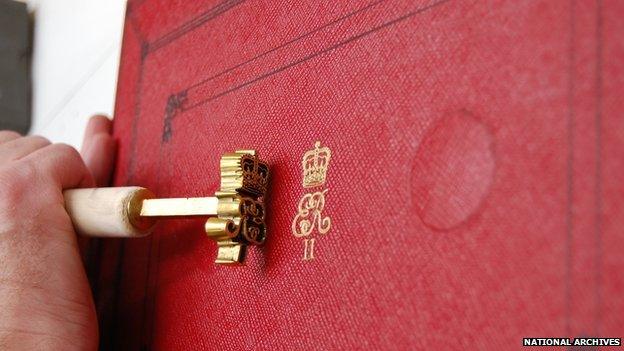
The election is behind us and George Osborne is back at the Treasury. Despite much of the campaign being dominated by economic issues - the government deficit and Labour's "cost of living crisis" - some of the real economic challenges of the next five years got very little airing.
In 2005 few foresaw the financial crisis of 2007-09, just as the severity of the euro crisis in 2011-12 got little look in 2010.
Once again, it is likely that some of the biggest economic challenges of the next five years are not yet fully anticipated. But at this stage, it is possible to take an educated guess at five things that will have a major impact on the UK economy before 2020.
Productivity
Listing productivity growth as one of the five key challenges for the UK is almost a form of cheating, as the growth of output-per-hour-worked will determine the outcome of a huge variety of economic indicators, from the size of the government's deficit to the state of living standards.
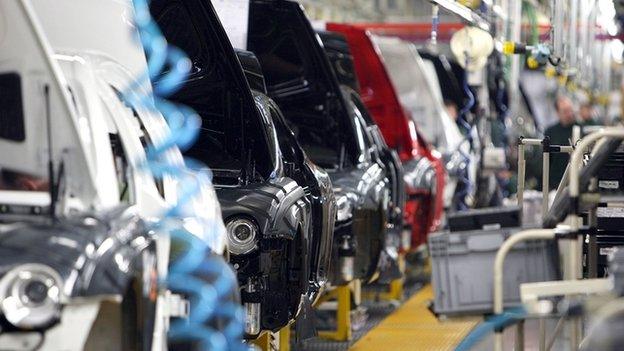
Output-per-hour-worked in the UK grew at a steady pace for decades and since has been broadly flat. As I've blogged before, the real drivers of this slowdown in productivity are still being debated but the consequences are clear. The silver lining of weak productivity growth has been exceptionally strong growth in employment as more workers are required to produce a given level of output.
If productivity growth picks up then the task of reducing the government's deficit will become much easier. Faster economic growth would mean higher tax receipts and less pressure on the welfare budget. It would also mean firms have the ability to increase the pace of wage growth without squeezing their own profit margins.
On the other hand, if productivity growth remains weak then wage growth may remain weak (and if inflation bounces back from zero per cent then real wage growth could once more turn negative). Tax receipts could once again disappoint, putting more pressure on the government's budget.
The UK, which could soon begin to run out of unemployed workers, could begin to hit real constraints - slowing growth and pushing up inflation.
In the last five years, it has been easy to concentrate on the silver lining of slow productivity growth and ignore the cloud. That is unlikely to be an option by 2020.
Current account deficit
In 2014 the UK (government, firms, banks and households combined) borrowed a record amount from the rest of the world. As I've blogged before, whether the current account deficit is a problem or not is a matter for debate - not that that important debate featured much in the general election campaign.
An optimistic case can be made that the current account deficit is almost a sign of success - driven by the fact that the UK economy has outperformed Europe.
That has meant that the profits of UK companies operating in the eurozone have been depressed, while foreign-owned firms here have benefited from a growing economy - affecting the level of financial flows.
Equally, the large deficit could be driven by the UK's status as a relative safe haven in a turbulent global economy, the ideal place for foreigners to store their cash.
On the other hand, historically large and persistent current account deficits have not ended well. Today's may be driven by a fundamental imbalance in the UK economy, an economy which once again may be consuming too much, producing too little and not saving enough.
In the coming five years, we may find out whether the optimistic or pessimistic case is correct.
EU in-out referendum
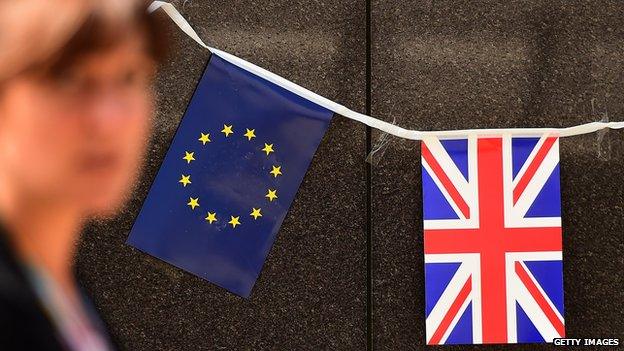
The government's pledge to hold a referendum on the UK's membership of the EU will pose an economic challenge. Ahead of the vote, firms whose business depends on the UK's continuing membership of the European Single Market may scale back their investment intentions.
Whatever one thinks of the costs and benefits of EU membership, uncertainty will not be welcomed by many businesses.
Interest rates
For the entire 2010-15 parliament, the Bank of England held rates at a record low. That seems unlikely to persist until 2020.
Globally, monetary policy has been exceptionally supportive of growth, but with the US Federal Reserve moving towards the first rate hike in a decade, that may be changing.
It remains to be seen how the global and UK economy will cope with higher interest rates and possibly less buoyant global asset markets. The government's preferred macroeconomic policy mix since 2010 has been "tight fiscal policy and easy money", in the next few years fiscal policy looks set to remain tight (as deficit reduction continues) but monetary policy will be less easy.
Rising interest rates would be a sign of success - the economy being taken off monetary life support. But the process of increasing rates can be fraught with risk.
Living standards
Finally, it is worth remembering that the UK (economically at least) is not an island. For all the political debate on living standards in the campaign, the prospects for UK living standards are not wholly controlled by UK policymakers.
Powerful global headwinds and tailwinds will have a major impact, against which the UK government can try to tack and trim. In any election campaign, the focus tends to be on the tacking and trimming rather than the winds themselves.
The global economy may be becoming less integrated, the pace of globalisation itself may have slowed. The growth of new workers in China appears to be slowing and, as I've blogged before, that could have a major impact on wage levels and interest rates in the UK.
These issues, and others as yet unknown, will have a major impact on our economy in the next five years. Only some of them are directly under the government's control.
- Published11 May 2015
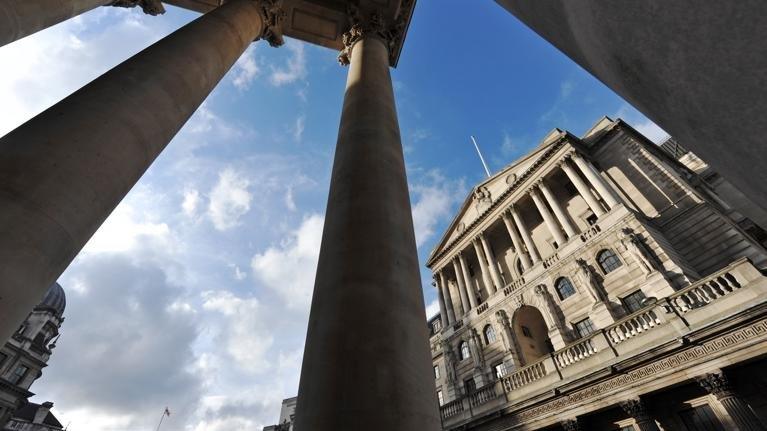
- Published8 May 2015
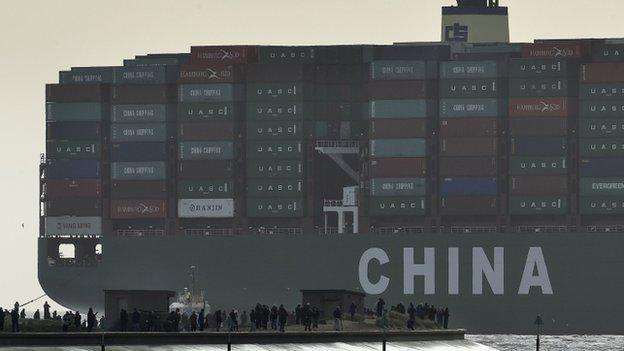
- Published8 May 2015